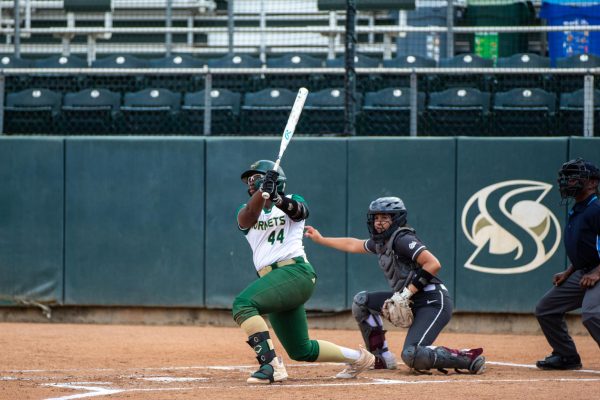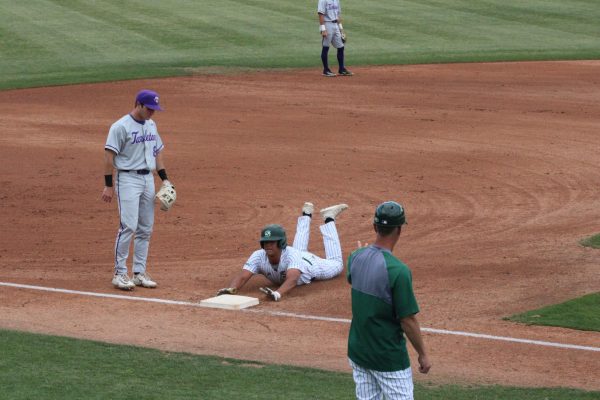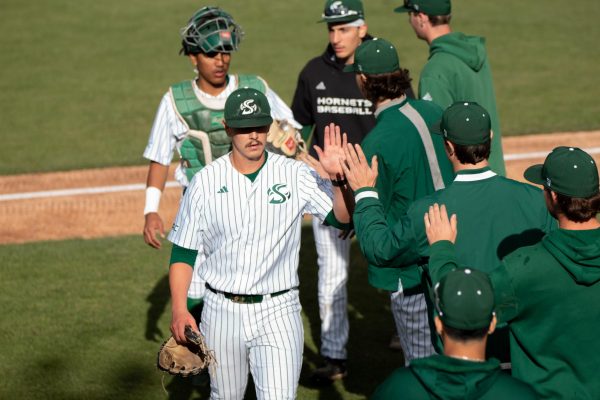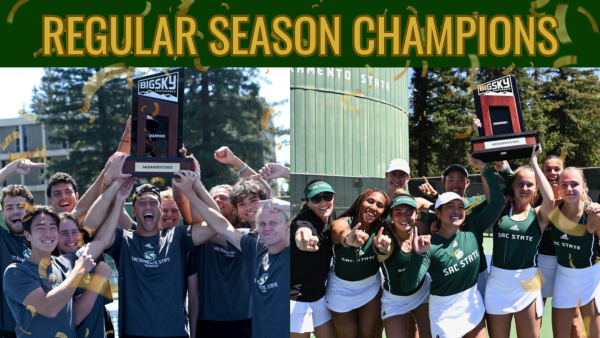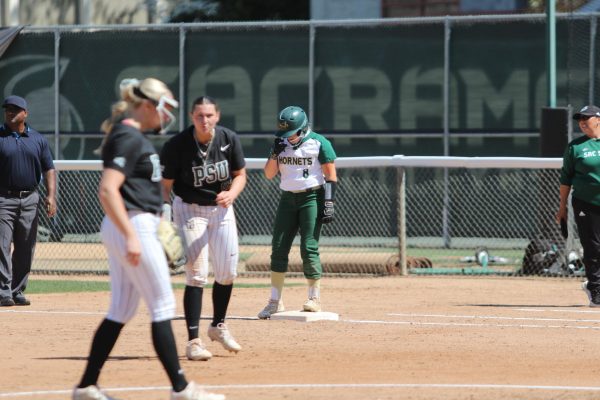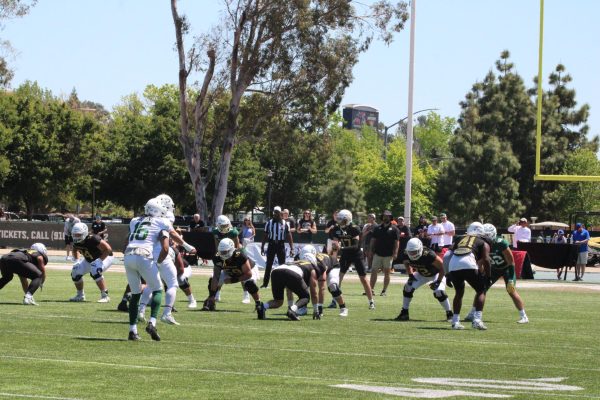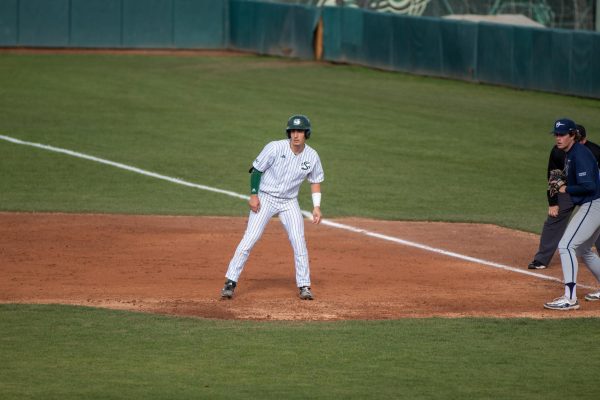NFL commissioner Goodell makes latest attempt to soften toughness of football
March 26, 2012
America and NFL football are quite fond of one another. As citizens of the global superpower, we like our sports to be a dirty and violent battle for territory. And as much as we wag our fingers and shake our heads when a big, mean defensive back lays a nasty beat down on a defenseless ballcarrier, we all secretly know that’s why we dragged ourselves out of bed on a Sunday morning.
Football is church, and when Cris Collinsworth explains how a human neck isn’t supposed to bend that way, it’s like a beautiful sermon that speaks to the soul.
For the last several years NFL commissioner Roger Goodell has been on a crusade against the most violent acts in his game. He’s introduced new rules concerning things like helmet-to-helmet hits, intended to limit spinal injuries and concussions, but has mainly served to unite fans and players alike in deriding officials for taking away from the physical nature of the game.
In Week 7 of last season, Seahawks safety Kam Chancellor made an apparently clean hit on Browns quarterback Colt McCoy, but the official on the field penalized Seattle, saying Chancellor made helmet-to-helmet contact with McCoy from behind. Replays clearly showed the defender’s head was closer to McCoy’s belt than to his crown. It was a perfect example of how the league has gone overboard in its witch-hunt to end violence in a violent game.
So it was with much cringing that I began to hear the news of Goodell breaking up the now-famous “bounty system” which allegedly has been operating within the New Orleans Saints organization for several years now. The program, promoted by the coaching staff and largely funded by teammates, offered players non-contract cash rewards for hits that injured opponents.
On its face, this seems like a barbaric and unacceptable practice, especially considering Goodell has made it his express mission to protect the safety of players. The penalties handed out reflect this. The Saints were fined $500,000 and ordered to forfeit their second-round draft picks for the next two seasons, and coaches Gregg Williams, Sean Payton, Mickey Loomis and Joe Vitt were all suspended. The sanctions are some of the stiffest ever handed down by the NFL.
But what were their crimes? One of the most notable instances of bounty-placing supposedly occurred in the 2010 NFC Championship Game, when the Saints took on Brett Favre and the Minnesota Vikings. The NFL claims Saints linebacker Jonathan Vilma offered $10,000 to any teammate who injured Favre.
But no unusual penalties were called against the Saints at the time for unnecessary roughness against Favre. Yes, he was hit hard, but everyone is hit hard during a football game. After all, this isn’t two-hand touch. Several other Vikings players reported feeling like Saints defenders were going after them. Well guess what? They were.
If a hit is unnecessarily rough or violates the rules set forth by the league with regards to proper tackling, a referee can and should dish out a flag. But otherwise, what does a bounty do besides provide extra motivation for a defender to hit an opposing player hard, which is his job anyway?
Sure, bounties are against the rules, and the team and coaching staff, as well as any players who are found to have participated, should be punished for covering up illegal activity. I guess I don’t see why these actions should be illegal. It’s not as if it wouldn’t have been in the Saints’ best interest anyway to knock Favre out of the game, even if there weren’t a little extra payday involved.
Of course tackling techniques should be regulated to maximize player safety as much as possible. But let’s not pretend American football is an omelet which can be made without breaking some eggs.
There’s a reason the most famous tagline in the history of football broadcasting is John Madden’s “BOOM!” The hard hit is a quick, loud prayer, and “BOOM!” is the “Amen.”
Alex Grotewohl can be reached at [email protected].






































































































































